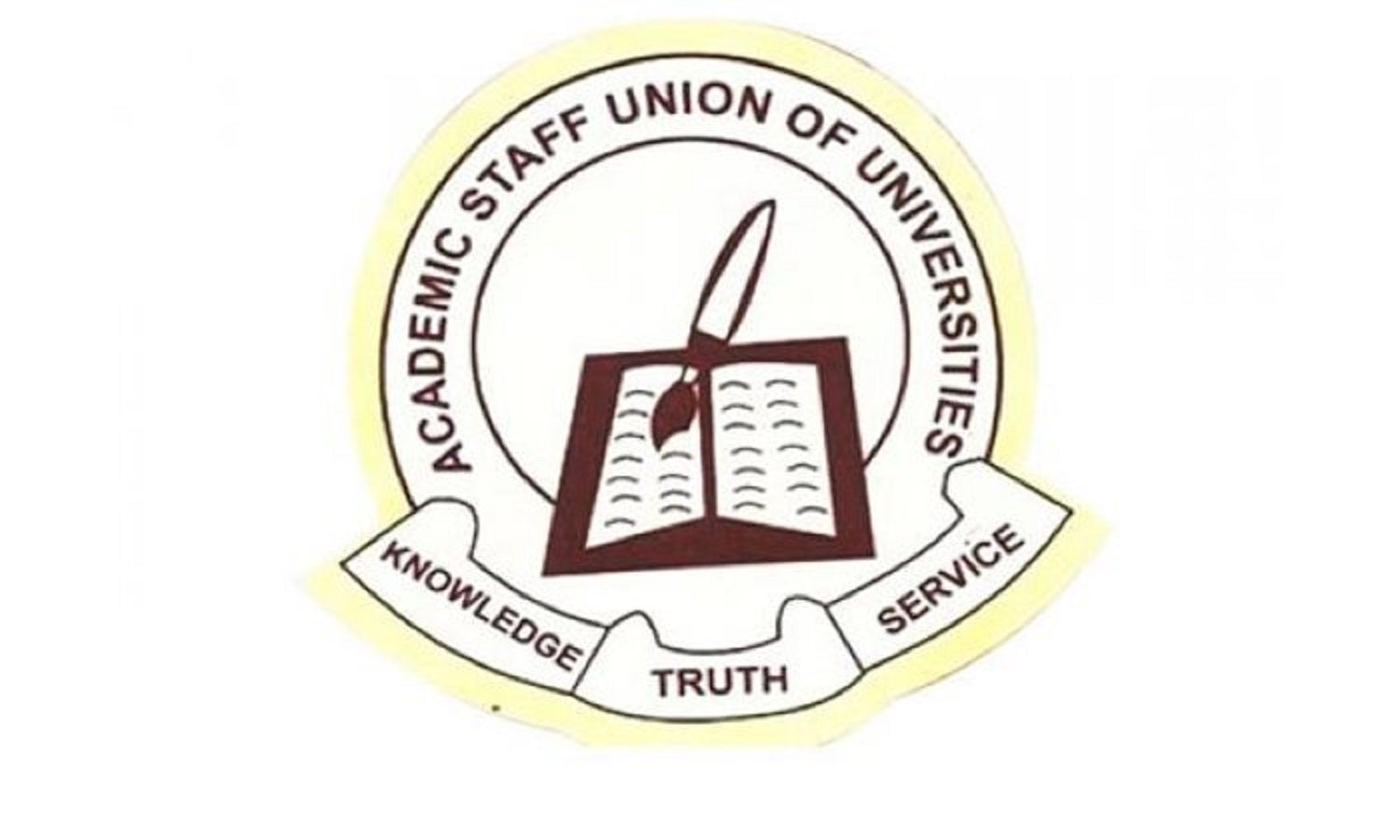The Academic Staff Union of Universities (ASUU) has rejected the Core Curriculum Minimum Academic Standards (CCMAS) prepared by the National Universities Commission.
The union described the new curriculum as a threat to quality university education and erosion of powers of the university Senate in Nigerian universities.
A statement signed by the national president of ASUU, Professor Emmanuel Osodeke yesterday, explained that it was inexplicable that the NUC pre-packaged 70 per cent CCMAS contents were being imposed on the Nigerian University System, adding that university senates, which are statutorily responsible for academic programme development, were left to work on only 30 per cent.
It stressed that there were growing concerns about the numerous shortcomings and gross inadequacies of the CCMAS documents.
“The ASUU is not unaware that setting academic standards and assuring quality is within the remit of the NUC. Section 10(1) of the Education National Minimum Standards and Establishment of Institutions Act, Cap E3, Laws of the Federation of Nigeria 2004, enjoins the NUC to lay down the minimum standards for all universities and other degree-awarding institutions in the federation and conduct the accreditation of their degrees and other academic awards.
“However, the process of generating the standard is as important (if not more important) than what is produced as “minimum standards.”
Reacting, NUC said the assertion that there was no official communication from NUC to the Universities on the review of the BMAS is not correct.
A statement by the Deputy Executive Secretary (Academics) Dr Noel Biodum Saliu said “Vice-Chancellors can attest to the fact that the Commission has been communicating with them on the issue over the last five years. In addition, several virtual and on-site meetings were held to intimate them of the curriculum review, and provide them with updates from time to time.”
He said: “A huge number of comments were received, which were synthesised and incorporated into the respective programmes. How else would one get the universities involved in an exercise of this nature? Needless to say that the practice of getting and incorporating inputs from Nigerian universities has been the tradition of NUC, from 1989 to date.”
He said the commission also refused to engage the service of consultants to review the curriculum but worked with its Strategy Advisory Committee (STRADVCOM) made up of respected Nigerian academics and professors, representatives of the private sector and some directors of the NUC in producing the review in question.
The NUC maintains that there is no basis for the attack on the Commission’s process of coordinating the review of the curriculum of Nigerian Universities.

 Join Daily Trust WhatsApp Community For Quick Access To News and Happenings Around You.
Join Daily Trust WhatsApp Community For Quick Access To News and Happenings Around You.


